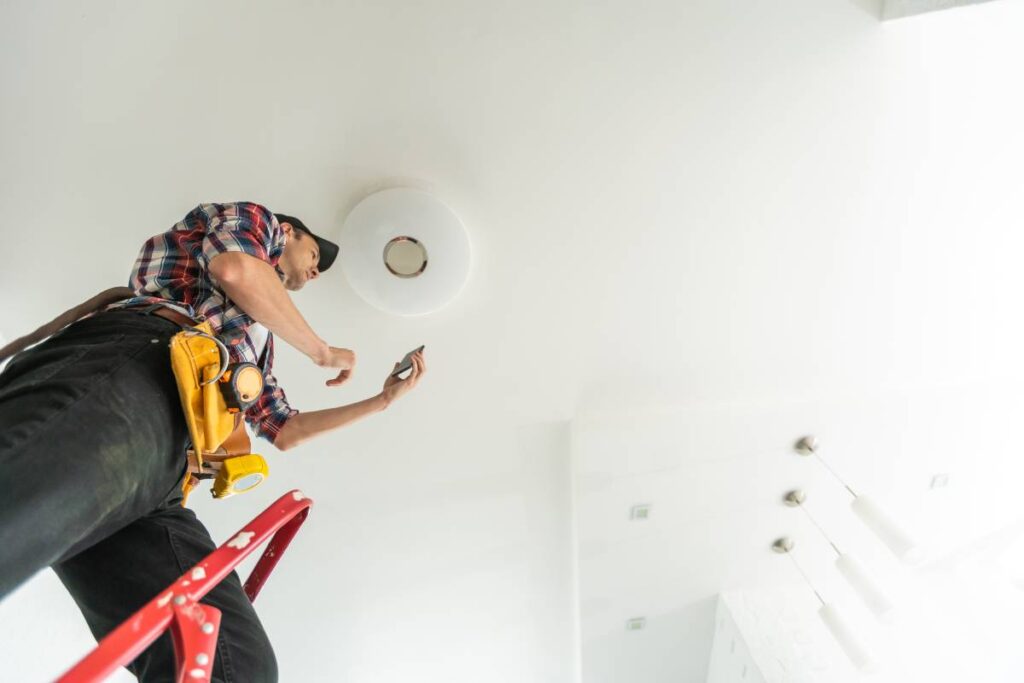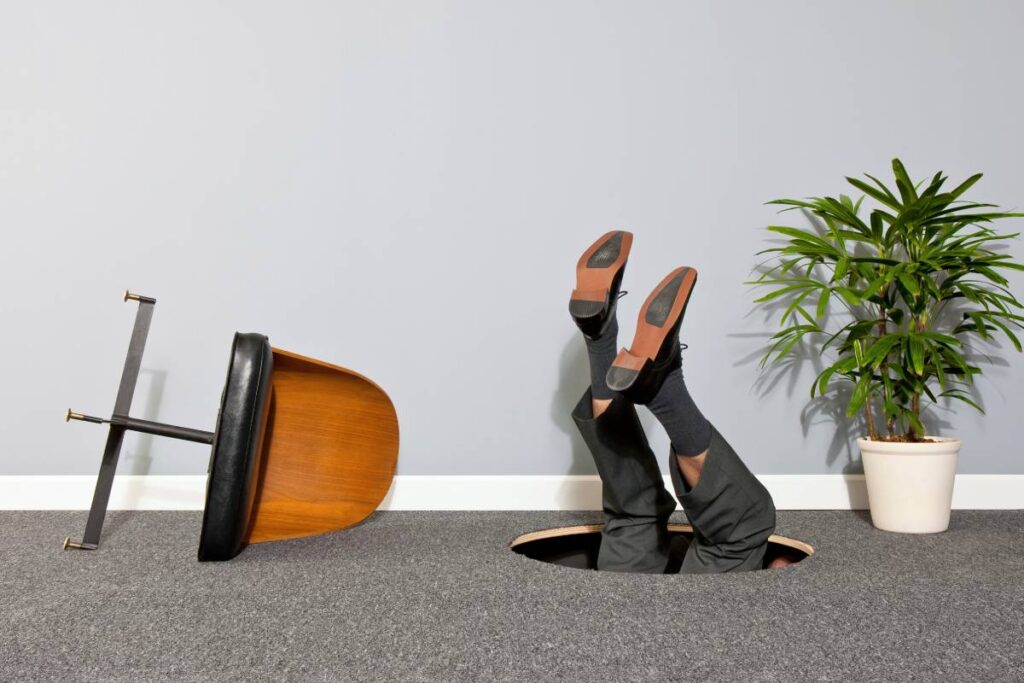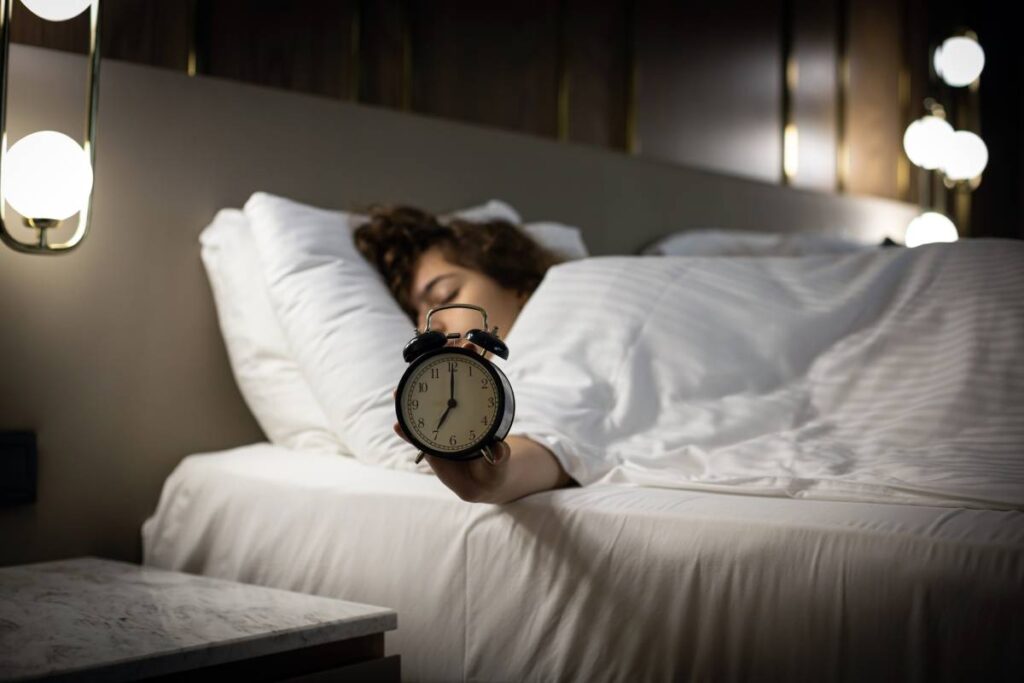Comparison and Its Dangers: Understanding Social Comparison

It’s normal to compare yourself to other people. We do it to see how we are doing in life. But sometimes, comparing too much can make us feel bad and unhappy. When we focus too much on what others have or do, we forget to appreciate ourselves.
This article will explain what the trap of comparison is, how it can hurt us, and why it’s important to stop comparing all the time.
Learning this can help you feel better and be happier with who you are. Understanding this trap is the first step toward a healthier mindset and greater self-confidence.
What Is the Trap of Comparison?
The trap of comparison happens when people spend too much time looking at others and thinking about how they are better or worse. Instead of feeling good about what they have or who they are, they feel bad because they think they don’t measure up.
Comparison becomes a trap when it makes us feel sad, worried, or angry about ourselves. For example, if you see someone with a nicer car, better clothes, or more friends, you might feel jealous or less valuable. This is the trap focusing on others so much that we forget about our own worth.
Many things make the trap of comparison worse:
- Social media shows us the best parts of other people’s lives, making it look like everyone else is doing better.
- Advertisements tell us that we need certain things to be happy or respected, encouraging us to compare what we own with others.
- Human nature makes us want to know where we fit in with others.
When stuck in this trap, people can feel unhappy even if they have good things in their own lives. The constant need for comparison can make it hard to enjoy the present moment.
What Is Social Comparison Syndrome?
Social comparison syndrome is when someone feels bad because they keep comparing themselves with others. It is not an official medical illness but a way to describe how harmful comparison can feel.
People with social comparison syndrome often:
- Have low self-esteem or feel they are not good enough.
- Feel jealousy or envy towards others.
- Experience anxiety or depression from worrying about their place in the world.
- Get confused about who they really are because they focus too much on others.
This syndrome often affects teenagers and young adults, especially those who spend a lot of time online. They see pictures, posts, and stories that make them feel like they are not successful or happy enough, causing a cycle of negative feelings.
What Are the Problems with Social Comparison?
While comparison can help us learn or grow, too much social comparison causes many problems. Here are some common issues:
1. Low Self-Esteem
One big problem is that constant comparison can make people feel bad about themselves. If you always compare your life to someone who seems to have more, it can make you think you are less important or less successful.
For example, seeing friends travel or buy nice things on social media can make you feel like your life is boring or not enough. Even if you have many good things, comparison makes you focus on what you don’t have.
2. Mental Health Issues
Social comparison can increase stress, anxiety and depression. When you try to meet what you think others expect, it can feel overwhelming. You might worry that you will never be as good or happy as others.
Studies show that people who compare themselves upward meaning they compare to those who seem better off are more likely to feel depressed. This is worse when the things they compare are not real or only show the best side of someone’s life.
3. Jealousy and Resentment
Comparison can cause jealousy and anger towards others. This can hurt friendships and make people feel lonely.
When you feel jealous, you might not want to support others or be happy for their success. This negative feeling distracts from your own happiness and growth.
4. Losing Your True Self
When people focus too much on social comparison, they may forget what they really want or believe. They might copy others or chase goals that don’t make them happy, just to keep up.
This causes a loss of authenticity. You might become someone you are not, always trying to please others or meet social standards.
5. Not Enjoying Life
Because of constant comparison, people often forget to enjoy what they have. They look at others and think their own life is not good enough.
This “grass is greener” mindset makes people unhappy and never satisfied. Instead of celebrating small wins, they feel like they need more or better things.
6. Unhealthy Competition
Comparison can create unhealthy competition where people only want to beat others instead of improving themselves. This can hurt relationships and increase stress.
How to Stop the Trap of Comparison
To avoid the problems caused by social comparison, you can try some of these ideas:
- Limit your time on social media or take breaks to avoid seeing too many posts that trigger comparison.
- Practice gratitude by focusing on what you have and being thankful for your life.
- Set your own goals based on what makes you happy, not on what others are doing.
- Be kind to yourself and practice self-compassion instead of harsh self-judgment.
- Spend time with people who support and encourage you, rather than those who make you feel worse.
- Reflect on your values and what is truly important to you.
By doing these things, you can reduce the power of comparison and feel better about yourself.
Why Comparison Happens
It helps to understand why humans compare themselves. Comparison is a way to learn about the world and find our place in it. When we see others doing something, we want to know if we can do it too or if we are doing well.
But the problem comes when we use comparison to judge our worth or happiness. When we focus too much on others, we lose touch with ourselves.
Rebuild Your Life After Comparison
Escaping the comparison trap means changing how you think. Instead of following others, focus on what success and happiness mean to you.
Set goals that match your values, enjoy small wins, and do what makes you happy. This is how you begin to rebuild your life on your own terms.
Let go of perfection. Grow at your own pace and build confidence by becoming your best self. Over time, this new mindset will help you feel more at peace.
You’ll begin to value your journey, not someone else’s path. Rebuilding your life this way creates a future based on self worth, not outside judgment.
Final Thoughts
The trap of comparison is real and affects many people. Social comparison syndrome shows how harmful too much comparison can be to our mental health.
While comparing ourselves to others is natural, it’s important to remember that everyone’s life is different.
Too much social comparison can lower self-esteem, cause jealousy, and make us unhappy. It can also make us lose sight of who we really are and what makes us happy.
The key is to use comparison in a healthy way learning from others but not letting it define our value. Focus on your own path, appreciate your achievements, and be kind to yourself.














































